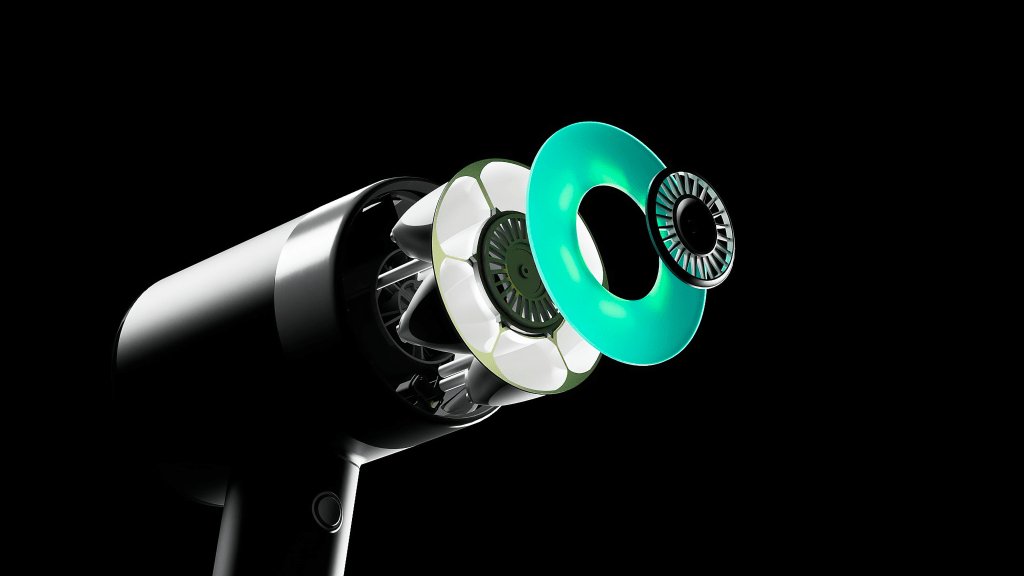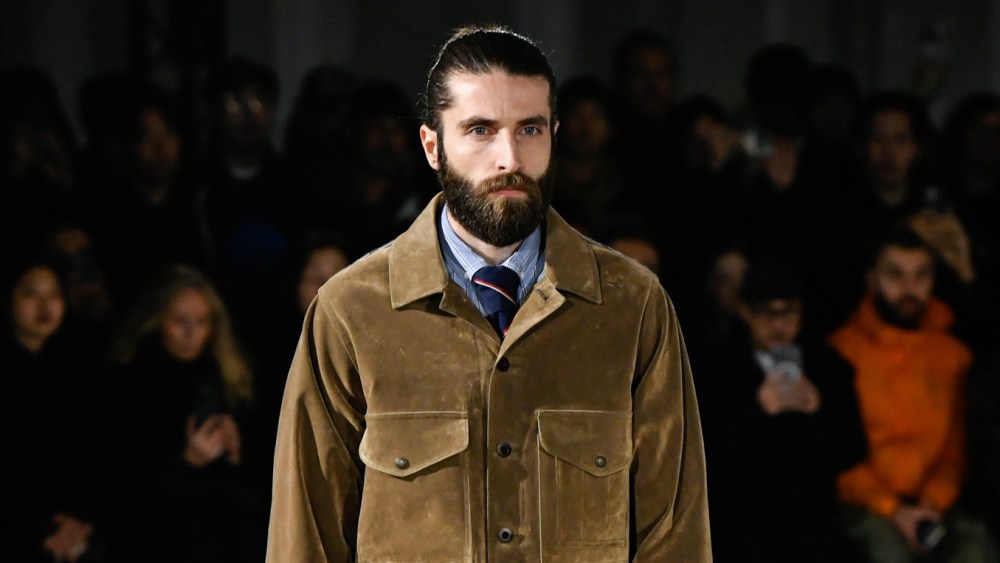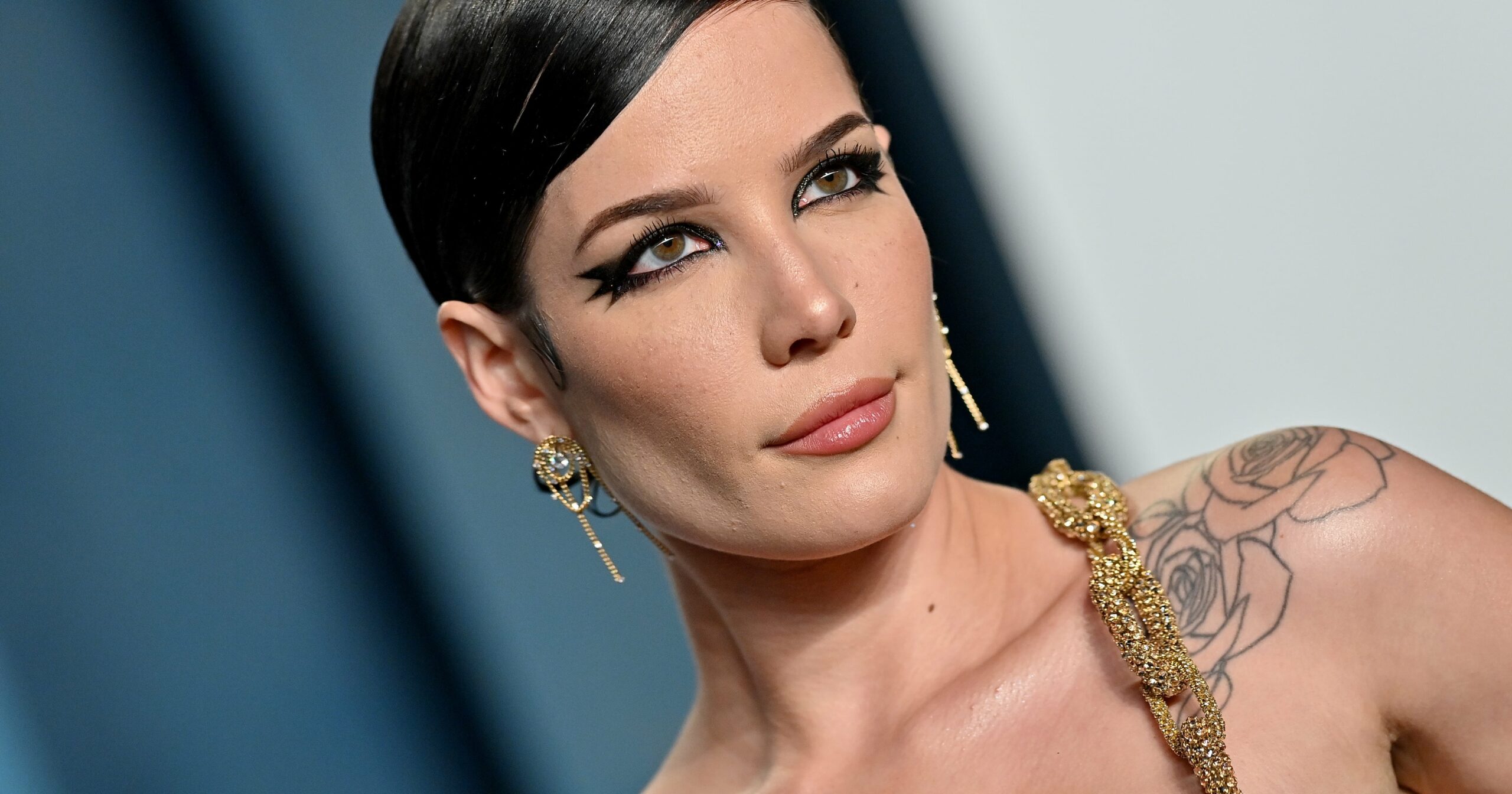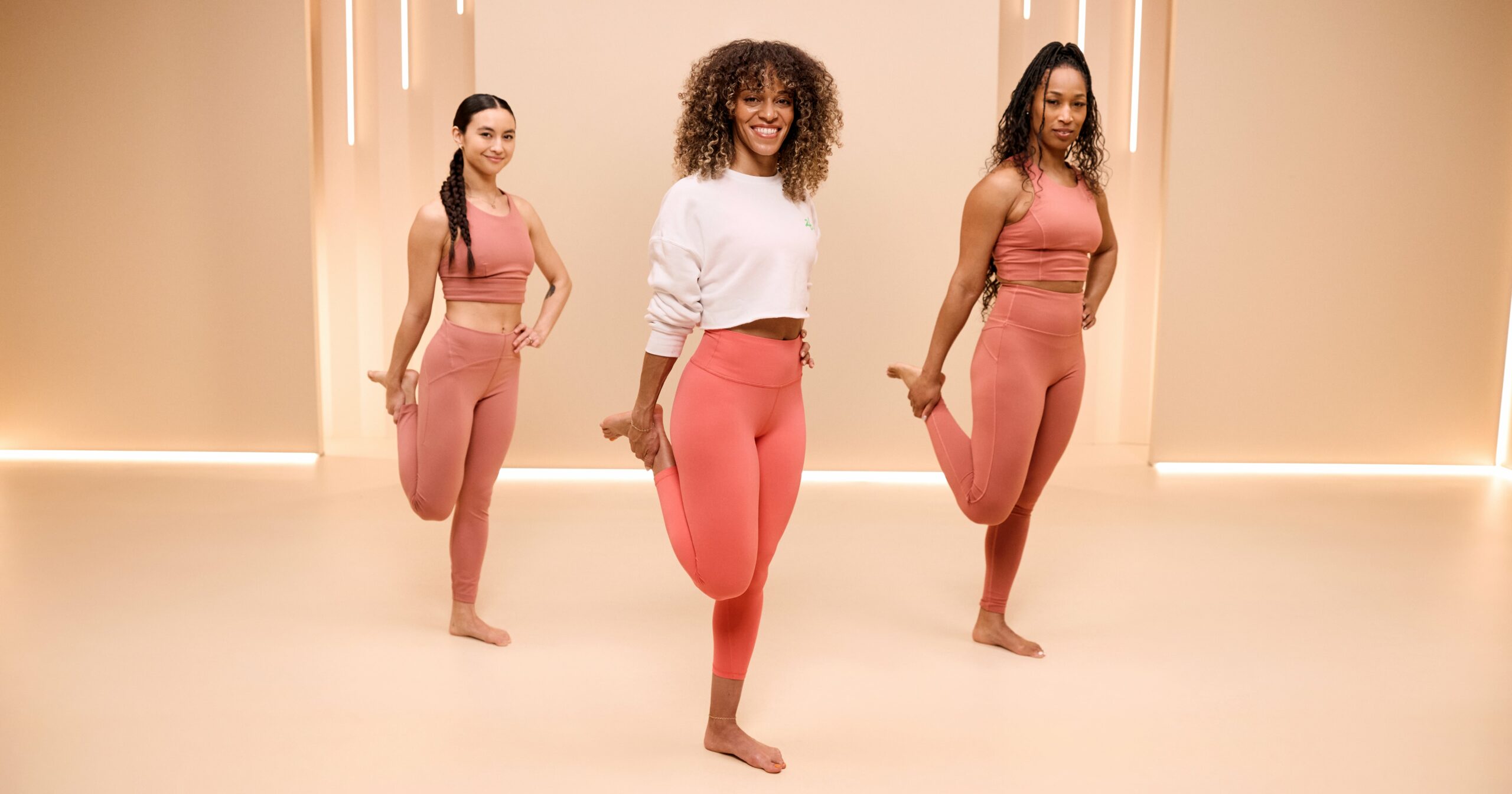As part of its strategy to become the world leader in beauty tech, L’Oréal Group revealed its latest acquisition at CES in Las Vegas on Tuesday — Swiss environmental tech start-up Gjosa is now part of its portfolio, said Barbara Lavernos, deputy chief executive officer of L’Oréal.
“I am so proud to announce from the stage today that we have signed an agreement to fully acquire Gjosa,” said Lavernos, speaking on their collaborative work to reduce water consumption. Partners since 2015, L’Oréal formerly held a minority investment in the company.
Together they’ve developed a new, patented water fragmentation technology that saves up to 69 percent of water used during a rinse: the L’Oréal Water Saver, which was first presented at CES in 2021.
Related Articles

“Instead of decreasing the speed of water, we actually increase the speed of water flow but significantly reduce the size of the droplet,” explained Lavernos. “The smaller droplets are used for much better surface area coating on hair fibers while still maintaining a strong pressure and without the need of as much water. The results, you can achieve the same effective and pleasurable rinsing, but just using a fraction of the water and energy needed for traditional shower heads…Each shower head is linked to a digital life dashboard on your smartphone which allows us to accurately measure the cumulative amount of water and energy saved.”
To date, they’ve installed more than 15,000 of the shower heads in France, Italy, Spain, Portugal, Poland and Greece, saving 70 million gallons of water, she said, and plan to expand into 100,000 hair salons over the next two years.

“By joining forces, we believe we’ll be able to accelerate the sustainable transformation of our industry,” the executive went on.
Along with its technology to reduce water consumption, L’Oréal unveiled four other innovations. The latest is the AirLight Pro, a hair drying tool designed with professional hairstylists for both at-home beauty consumers and professionals.
A partnership with Zuvi — a hardware start-up created by drone engineers and scientists — it promises no damage, with up to 33 percent more hydrated, 59 percent smoother hair with faster drying for all hair types. And it uses 31 percent less energy than traditional hair dryers, created with more than 150 patents.

Traditional hair dryers have used “a simple electric fan blowing air across heated rods to create hot air,” which comes with many downsides, like overheating the hair and lacking personalization for different hair types while consuming significant energy, said L’Oréal Group’s CEO Nicolas Hieronimus. AirLight Pro utilizes a patented LightCare technology using infrared light and high-speed wind, with customizable settings for individual needs.
“We combined their deep tech expertise with our unique 115 years of knowledge about all aspects of hair science, from the cellular level to the fiber, and for all types of hair — curly, straight and wavy,” said Hieronimus. “Together, we rethought how to generate heat using a process inspired by nature. No more thermal rods but a high performing combination of infrared light and air that is better for their hair and for the environment.”
The AirLight Pro is among the seven innovation awards that L’Oréal Group has received this year alone at CES, following a decade-long presence at the event.
Hieronimus also introduced L’Oreal Paris Beauty Genius, the company’s first virtual personal beauty adviser.
“This is not a chatbot but rather a fully personalized AI-powered solution based on an individual in-depth diagnosis,” said Hieronimus.
“The Beauty Genius will act like a personal beauty adviser available 24/7 in your pocket,” added Lavernos.
The technology is a combination of generative AI, augmented reality, computer vision and color science, said Lavernos. “We have integrated more than 10 different LLMs [large language models] and a very sophisticated architecture to get the most personalized beauty routines adapted to each individual.”
They imagine Beauty Genius serving as a tool to help answer questions about beauty routines “and even sensitive topics, without having to speak to a real person, such as acne, dandruff, or hair loss,” continued Lavernos. It can be a way for consumers to “avoid uncomfortable or intimidating situations.”
Bringing some star power to the room, L’Oréal Paris global ambassador Eva Longoria took the stage to showcase the next technology: Colorsonic, an at-home hair color tool launching this year.
“What used to take about 30 minutes in my house now takes five minutes,” said the actor-producer-director.
With bristles that move 300 times a minute, it evenly distributes color with a cartridge that mixes the color for users. “What you want to do is pick a hair color and then you pop it in and then you press,” said Longoria.
The system uses 50 percent less plastic and is made with consumer recycled plastic, said Lavernos. “It’s less waste.”
Lavernos continued by discussing another pillar, inclusivity, which Hieronimus had highlighted as well.
“We have all to acknowledge that even if beauty is a universal quest, it doesn’t always come easy to everyone,” Lavernos said. “That’s why inclusivity is at the heart of the L’Oréal innovation and beauty tech test strategy. We believe anyone anywhere should be able to participate in the beauty industry and have access to our product devices and experiences…At L’Oréal, we speak up for beauty without borders or barriers and strive to be as diverse as the people we serve. You know, today, 15 percent of the world’s population live with some form of disability and 50 million people live globally with limited fine motor skills, a number which is set to increase with an ever aging population.”
Hapta by Lancôme, first unveiled at CES in 2023, is the world’s first-ever AI-power makeup applicator for users with limited hand and arm mobility. It was developed with Verily, a life sciences research company within Alphabet.
“The motion stabilization technology keeps your beauty products at the right level no matter how you turn, bend or move it by your hands,” said Lavernos. “In addition, it is equipped with magnetic attachments. This device enables users with a 360-degree rotation at any given time. It also has a self-leveling system with advanced sensors to detect involuntary changes in hand movements and adjust the project’s position accordingly.”
It was tested on more than 400 people and powered by more than 100 patents.
“This new device not only helps users apply makeup, but also helps users to feel confident, independent and more empowered to express themselves to the joy of beauty like anybody else,” said Lavernos.
Closing with a look at the future of beauty — following a video that quickly illustrated ways technology can impact human life through ultra-personalized creative and sustainable solutions — Hieronimus kept it brief.
“I truly believe and we truly believe at L’Oréal that by harnessing the power of tech, L’Oréal is uniquely positioned to invent the future of beauty, and inventing the future of our industry and at the same time succeed in our mission to create the beauty that moves the world,” he said.



